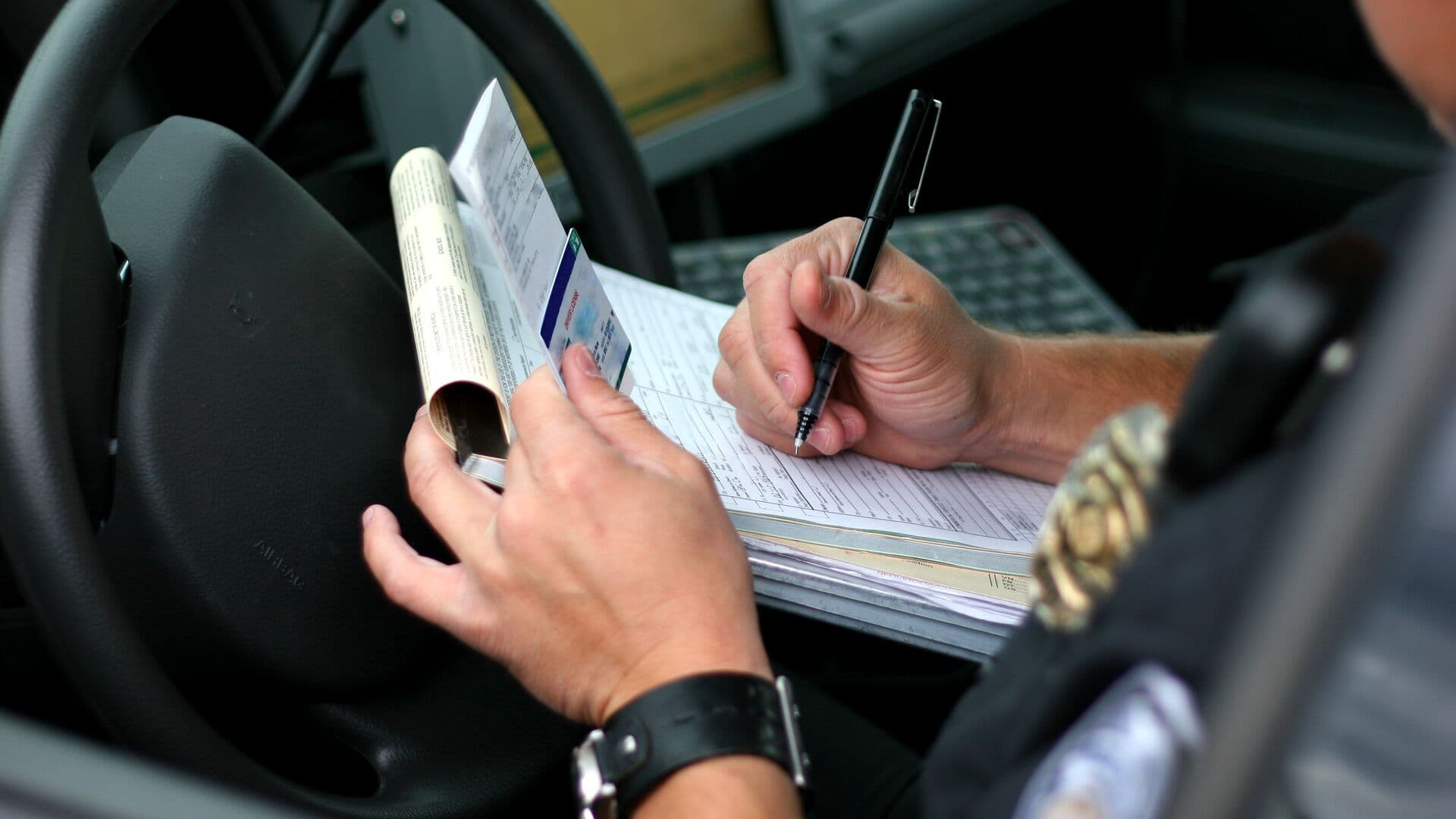New scam demands cash via bogus traffic tickets
Picture this: you receive a traffic ticket in the mail with a photo of your license plate – but you don’t remember ever running a red light? In fact, you don’t recall being at the stoplight reported on the date of the ticket. Something doesn’t seem right.
You are correct; something is off. Multiple victims have recently received legitimately appearing traffic tickets in the mail claiming they ran a red light and demanding fines in payment. What’s most concerning is several people have reported receiving photos of their license plates.
What should you do if you receive a letter like this? How do you avoid this from happening to you? Let’s break it down.
Six things to do to avoid falling victim to a traffic ticket scam
How do you know if a ticket you received in the mail is real or not? Here are six things to do if you receive a suspicious ticket:
1. Read the fine print
Some people were able to spot the scam simply by checking if all the data on the ticket was factual. For example, one woman said the ticket she received had a date of “February 30th”, which is not an actual date.
Ask yourself if the ticket is plausible. Were you at the location reported, and did you run a red light? Were you even driving at that time? Pausing and investigating the situation can help prevent you from falling prey to a scammer’s trap.
2. Call the city
Another thing to do when you receive a questionable letter is to call the city – but do not call the number listed on the ticket. Do a quick search online to find your city’s official police department website and dial the number listed to confirm the ticket’s validity.
3. Don’t click on any links
Pause and investigate before you go to any link the ticket directs you to. If the ticket is fake, scammers can trick you into visiting a link where they can access your personal information. Once they access that information, they can potentially steal your money or even your identity.
4. Don’t give out your personal info
Do not fill out any of your credit card data, address or other sensitive information before you do some digging. Legitimate law enforcement will not require you to give banking or personal information over the phone.
5. Ensure you’re paying tickets on an official website
Only pay tickets on websites that begin with HTTPS – the “s” signifies the website is secure and should be included in any website that requires a monetary purchase.
6. Get legal support
Traffic ticket scams are on the rise, and criminals are always finding new ways to craft the art of stealing personal information from innocent people. It’s critical to protect you and your family’s privacy and get dedicated legal support to fight cons like this. You can get the consultation and defense you need to ensure your private information stays private with a lawyer by your side.
Combat traffic ticket scammers with a lawyer by your side
Scams are not always easy to spot, especially in today’s digital world. Get legal support and consultation to defend yourself in court and fight criminals from stealing your bottom line.
